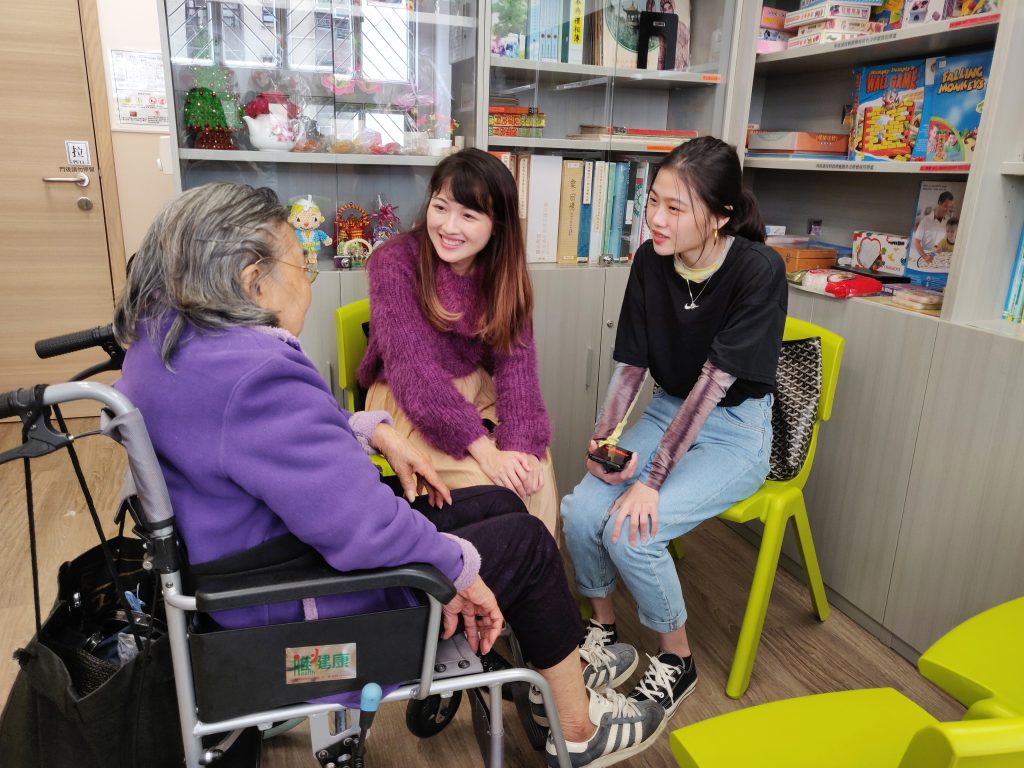
Service-Learning provides students with the opportunity to apply classroom knowledge to real life practice while serving the community. Through active service participation, engagement in critical thinking processes and in-depth reflection throughout the projects, students can gain a comprehensive educational experience and cultivate lifelong commitment to society as wise, responsible and caring citizens. Benefits of Service-Learning extends to various stakeholders, including:
For Students
- Enriches student learning of course material and “brings books to life and life to books”
- Engages students in active learning that demonstrates the relevance and importance of academic work for their life experience and career choices
- Increases awareness of current societal issues as they relate to academic areas of interest
- Broadens perspectives of diversity issues and enhances critical thinking skills
- Improves interpersonal skills that are increasingly viewed as important skills in achieving success in professional and personal spheres
- Develops civic responsibility through active community involvement
For the Community
- Provides substantial human resources to meet educational, human, safety, and environmental needs of local communities
- Allows the energy and enthusiasm of university students to contribute to meeting needs
- Fosters an ethic of service and civic participation in students who will be tomorrow’s volunteers and civic leaders
- Creates potential for additional partnerships and collaboration with the campus
- Mutually beneficial to both service target and service provider—for the service targets, community service quality or their problems can be improved; for the service provider, they gain practical experience and exposure, as well as enhanced soft skills
For Academic Staff and the University
- Enriches and enlivens teaching and learning
- Builds mutual partnerships with the local community
- Creates new areas for research and scholarships and increases opportunities for professional recognition and reward
- Extends campus resources into the community and reinforces the value of the scholarship of engagement
- Stimulate student participation in class and passion in coursework
- Enhances innovation in teaching and learning methods
Adapted from: Almonte Paul, Dorell, Hafflin et.al. Service Learning at Salt Lake Community College, A Faculty Handbook